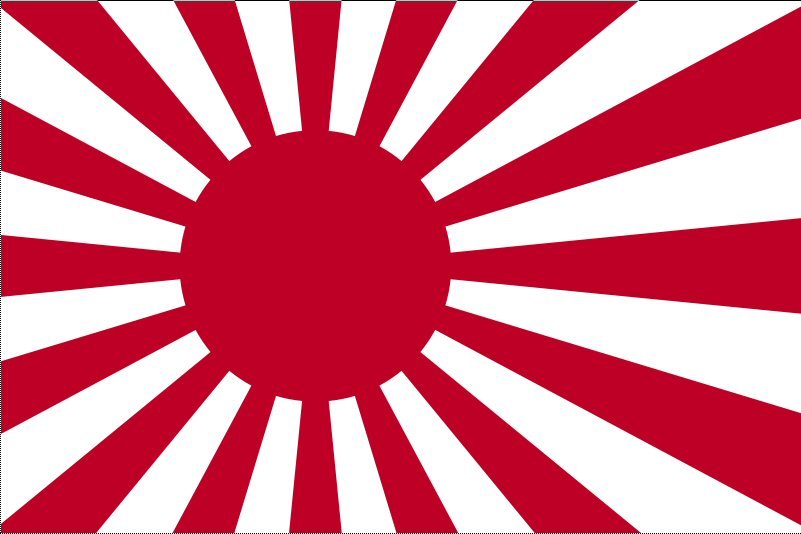Patroklos
Deity
- Joined
- Feb 25, 2003
- Messages
- 12,721
It's not so simple that India could interdict Chinesse oil supplies. Would they stop every ship? Do you think tankers carrying oil to China would fly a Chinesse flag and say they were doing that? Do you'll not think that India choking Chinesse oil supply would not irritate other nations?
1.) I have spend years of my life boarding tankers with the very purpose of finding out exactly what they are carrying and where it is going. It is not that hard and has been done in every large scale modern war in history.
2.) Most tankers are not flying the flag of the coutries they operate in or where the firms that own them are based. They fly the flag of the country with the least rigorous regulations and taxes, which as of right now means primarily Panama or Liberia.
3.) I don't think it would piss them off any more than India actively engaging in a hot war with China would, and of course they would be just as pissed off at China for the same reason.




 I concede to your superior logic
I concede to your superior logic